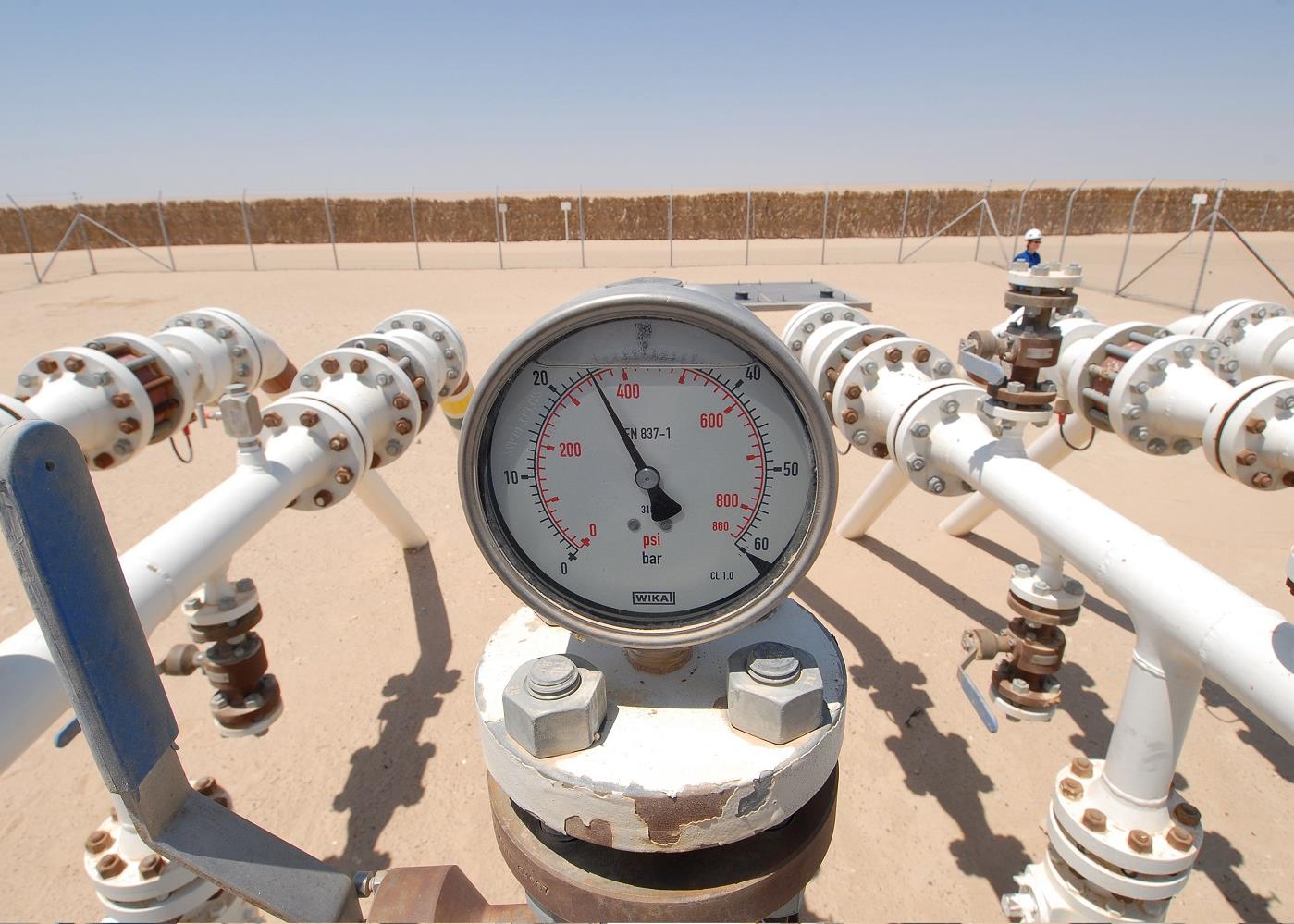

> Weak economic growth looks set to persist
> Expo 2020 forges ahead with confidence
> Mena lenders trudge into tougher year
| Subscribe to MEED |

With new leaders taking office in Bahrain, Iraq, Jordan, Kuwait, Oman, Lebanon, and Tunisia in 2020, in addition to a new prime minister in Algeria in late December 2019, the new year starts with a significantly changed roll call of leaders in the Middle East and North Africa (Mena) region from 12 months earlier.
Faced with deep economic challenges as a result of low oil prices and the Covid-19 pandemic, as well as rising geopolitical tensions in the Gulf and in the East Mediterranean, the introduction of new leadership could be seen as a sign of change. In reality, there will be no fundamental change in the direction of policy in the region in 2021.
The new leaders in Kuwait, Oman and Bahrain in 2020 all represent votes for stability. Meanwhile, the appointments of new prime ministers in Iraq and Lebanon, where a new approach is needed to tackle deep political and economic crises, have introduced no changes yet.
Accelerating goals
With the primary goals of governments across the region remaining firmly fixed on delivering economic diversification, maintaining strict fiscal discipline, and ensuring security, the biggest impact the new leaderships could have will be an acceleration of existing initiatives.
 While the primary economic goal for all governments is to get activity back to normal as quickly as possible, the priority remains on overcoming the Covid-19 health crisis. This will see continued spending on ensuring there is adequate healthcare capacity, and strict monitoring and control of cases in order to limit new waves of infection. As vaccines become available, governments will seek to acquire and distribute the treatments as quickly as possible, prioritising the most vulnerable groups.
While the primary economic goal for all governments is to get activity back to normal as quickly as possible, the priority remains on overcoming the Covid-19 health crisis. This will see continued spending on ensuring there is adequate healthcare capacity, and strict monitoring and control of cases in order to limit new waves of infection. As vaccines become available, governments will seek to acquire and distribute the treatments as quickly as possible, prioritising the most vulnerable groups.
The ongoing focus on healthcare will continue to divert government spending away from traditional areas and will see further cuts to ministry budgets and capital spending on projects.
The need to develop infrastructure to support investment and diversification plans, while maintaining strict fiscal discipline, will see governments accelerate the privatisation of state assets, and also tap private finance for government projects through public-private partnerships (PPPs). Saudi Arabia and the UAE, in particular, will see progress made on PPP projects in 2021.
Alternative funding
Governments and other project sponsors will increasingly seek new and alternative sources of funding for projects, and 2021 will see increased sovereign debt issuance on the international markets, as well as the development of local debt capital markets. Export credit finance will be an important enabler for projects, providing working capital to companies.
 The focus on rebalancing government finances in the face of weaker oil revenues will see increases in taxes in 2021 and 2022, with increases in VAT levels possible, along with rising government fees in other areas.
The focus on rebalancing government finances in the face of weaker oil revenues will see increases in taxes in 2021 and 2022, with increases in VAT levels possible, along with rising government fees in other areas.
The proposal to introduce income tax in Oman in 2022 sets a precedent in the GCC that other finance ministries are sure to be watching closely.
The drive to diversify will see growing focus on attracting foreign investment in target sectors such as manufacturing and tourism. GCC states will continue to push the development of manufacturing capacity through the development of downstream clusters around anchor industries such as steel, aluminium and petrochemicals.
In addition, the UAE and Saudi Arabia will seek to accelerate inward investment in hi-tech industries such as aerospace and defence, food and water security, biotechnology and life sciences, mobility, and clean energy.
A vital part of the diversification story is the need to reduce the dependence on expatriate workers and international suppliers. This will see a continuing push for higher levels of local content and employment on projects and in supply chains. Thus far, the in-country value drive has been led by the national oil companies. Increasingly, this will spread across other areas of the economy.
Foreign policy
The most significant change in policy in the region is likely to come from the US, where the inauguration of political veteran Joe Biden as president on 20 January will herald a new approach to the region after four years of political outsider Donald Trump.
Regional foreign policy will centre on security as the US continues its military disengagement from the region. For Arab states, particularly Saudi Arabia and the UAE, this will mean continuing efforts to exert influence on the international stage to counter the growing influence of Iran in the Gulf and Turkey in the Mediterranean. In this, close collaboration with Israel will be critical and will be increasingly done in public.
Riyadh and Abu Dhabi will also work with the US to find a diplomatic solution to the war in Yemen and to resolve the GCC dispute.
You might also like...

Rainmaking in the world economy
19 April 2024

Oman receives Madha industrial city tender prices
19 April 2024

Neom seeks to raise funds in $1.3bn sukuk sale
19 April 2024

Saudi firm advances Neutral Zone real estate plans
19 April 2024
A MEED Subscription...
Subscribe or upgrade your current MEED.com package to support your strategic planning with the MENA region’s best source of business information. Proceed to our online shop below to find out more about the features in each package.







